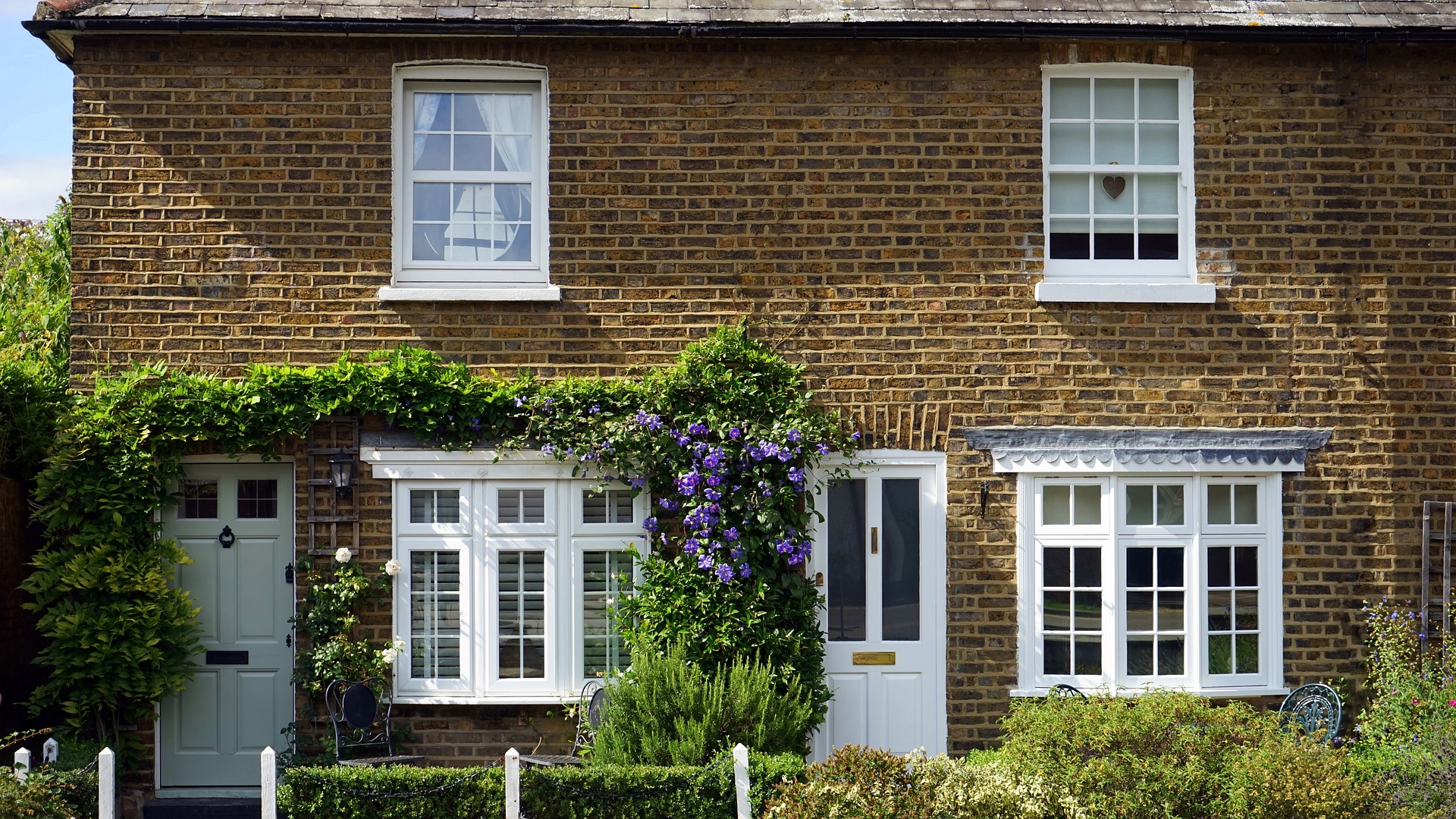The information on this page was last updated on 10th November 2021.
Since the introduction of new legislation surrounding Capital Gains Tax (CGT) returns and payments, HMRC has issued over £1.3m in late filing penalties.

Update
In the Autumn Budget, important changes to this legislation were announced.
The period for the filing and payment of CGT for UK residents disposing of residential property will be doubled from the 27th October 2021. This therefore means that the period to file and pay CGT has increased from within 30 days of sale completion, to within 60 days of completion instead.
“It’s a common-sense measure that helps taxpayers and their accountants, whilst maintaining increased revenue for the exchequer. Very pleased that HM Treasury and HMRC took on board the views of our members and changed their position accordingly.”
A total of 13,113 late filing penalties were sent out to landlords and second homeowners who missed the 30-day window set by the Treasury in the latter half of 2020.
A reminder on the change to the reporting and payment window
The new law, introduced on 6th April 2020, changed the way taxpayers reported capital gains, meaning that anyone selling a second home must declare and pay any CGT due within 60 days of completion or face penalties.
For taxpayers who are liable to pay CGT, the rate of tax payable is dependent on the type of asset sold and the total amount of taxable income. The calculation of the amount payable takes into account the taxpayer’s annual exemption and any unused losses that may be available.
These reporting requirements will not apply if the gain is on a disposal, taking into account any other disposals made in the same tax year. An example of this would be if the gains are covered in full by principal private residence relief, or relieved by the annual exemption, or unused losses.
HMRC is currently issuing penalties
When the legislation was introduced, HMRC waived the £100 fine for the late filing of CGT until the end of June 2020, provided that the gain was reported and any tax due was paid by 31 July 2020.
This relaxation is no longer in force, and HMRC is currently issuing financial penalties for late filing. The following penalties will now be levied:
- A penalty of £100 if the return is not filed within 60 days.
- A further penalty of £300 or 5% of any tax due, whichever is greater if the deadline is missed by more than 6 months
- A further penalty of £300 or 5% of any tax due, whichever is greater if the deadline is missed by more than 12 months
HMRC is not currently issuing penalties for the late payment of CGT, and will not do so until after 31 January 2022, but interest will still be payable on the outstanding amounts.
Taxpayers facing fines can appeal penalties, all of which will be considered by HMRC on a case-by-case basis, taking into account whether there is a “reasonable excuse” for late filing. The impact of COVID-19 will be considered in these instances.
Our specialist tax advisors have significant experience navigating the complexities governing CGT. If you require any further advice on CGT and property disposals, or are looking for guidance on any other personal tax issues, please do not hesitate to get in touch.




